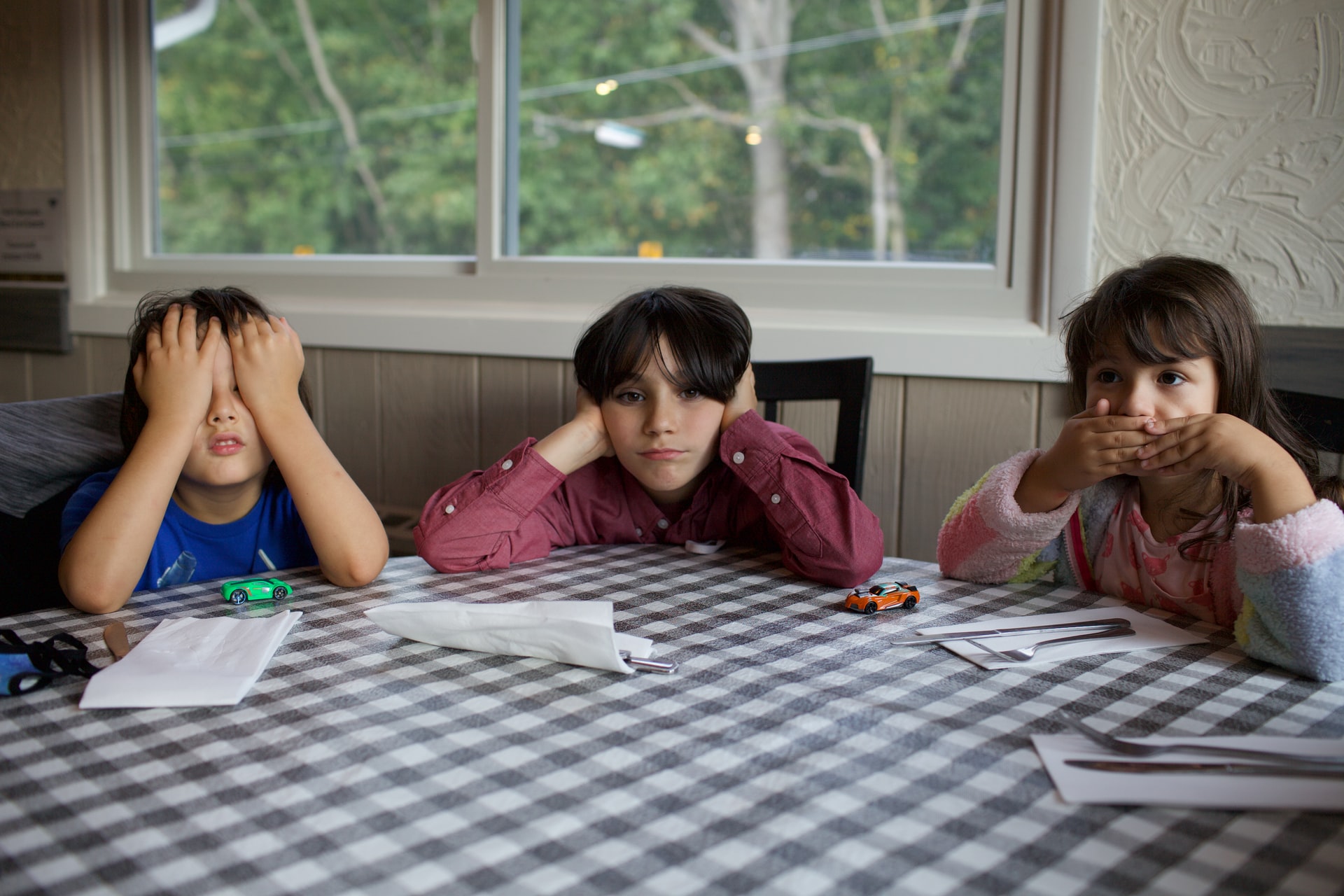-
 Maureen Zach : Author
Maureen Zach : AuthorLife is hard. God did not promise us that life was going to be easy, but He does not call us to do it on our own. I believe that things can get better, and my passion is to help people experience transformation in themselves and their lives. Together we will look to our God, who is able to do immeasurably more than all we ask or imagine (Ephesians 3:20). My hope is that your growth will extend to all areas of your life and help you become a better son or daughter, friend, parent, co-worker, classmate, or spouse.
-
 Kate Motaung : Curator
Kate Motaung : CuratorKate Motaung is the Senior Writer, Editor, and Content Manager for a multi-state company. She is the author of several books including Letters to Grief, 101 Prayers for Comfort in Difficult Times, and A Place to Land: A Story of Longing and Belonging. Kate is also the host of Five Minute Friday, an online writing community that equips and encourages Christian writers, and the owner of Refine Services, a company that offers editing services. She and her South African husband have three young adult children and currently live in West Michigan. Find Kate’s books at katemotaung.com/books.
If you’ve ever heard, “You don’t listen,” when you are engaged in a conflict with your spouse, remember that listening is a learned skill – and it’s not one that many of us do well. However, becoming a more engaged, present listener is something we can improve on over time, and it can bring much-needed healing and growth to our relationships. To become a better listener, active listening is key. Active listening can be defined as listening with all
The last couple of years have been plagued with never-ending trauma and bad news. While this isn’t the first time in history people have faced so much collective trauma, it won’t be the last. But because of the seemingly endless trauma, people are finding they are struggling a bit more to function on a daily basis, and this affects each person's window of tolerance. How Trauma Affects It Many people are less productive, having difficulty concentrating, and seeking counseling
Watching a child grow up can be beautiful, nerve-wracking, frustrating, and wonderful all at the same time. As they progress along their developmental journeys, kids will often go through phases of behavior that make parents ask, “When will they outgrow this?” But what should parents do when a particularly difficult behavioral or emotional stage doesn’t go away? At what point should parents be concerned about their kids’ psychological health? While most concerning behaviors don’t call for a major intervention,




